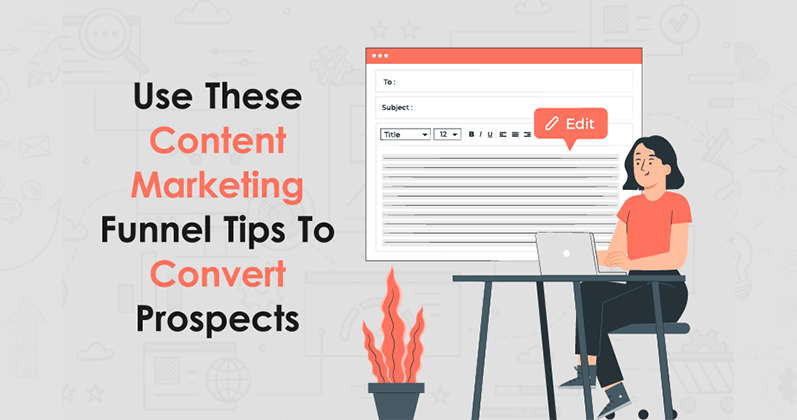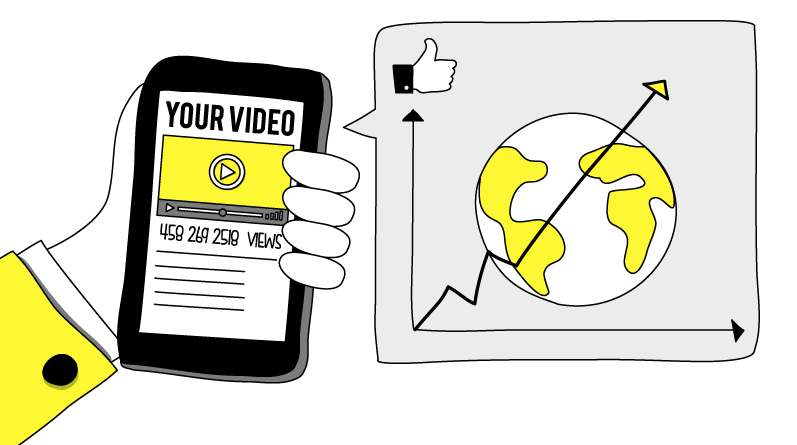5 Best AI SEO Tools
When it comes to AI SEO tools, there are a plethora of different options to choose from. But to make sure you don’t get lost in this market crowded with various options, here’s a list of the five best AI SEO tools along with their key features, pros and cons, and pricing to help you choose the right tool as per your needs and budget. Let’s look at them.
Keyword Insights AI
Keyword Insights AI positions itself as a comprehensive keyword research platform powered by AI. It delves beyond simple search volume data, analyzing user intent and search trends to uncover hidden gem keywords with high conversion potential. This allows you to target high-volume search terms as well as those that resonate with users actively looking to buy or convert.
Key features
- Long-tail keyword discovery: Keyword Insights AI excels at identifying high-value long-tail keywords with lower competition but higher conversion potential.
- Search intent analysis: Understand the “why” behind user searches. The tool analyzes search queries to determine what users are truly seeking, allowing you to tailor content accordingly.
- Content gap analysis: Identify topics your competitors rank for, but you haven’t touched. This helps fill content gaps and potentially outrank competitors.
- Topic modeling: Explore semantically related topics to create comprehensive content clusters that rank higher in search results.
Pros
- User-friendly interface with insightful visualizations.
- Strong focus on long-tail keywords and user intent.
- Content gap analysis empowers strategic content creation.
Cons
- Limited competitor backlink analysis compared to some other tools.
- It can be costly for small businesses.
Pricing: Trial starts at $1/month, and the higher tier plans start from $58/month.
Link Whisper
Link Whisper tackles an important yet often overlooked aspect of SEO: internal linking. By analyzing your content, it recommends relevant links to other pages on your site. This strategic internal linking strengthens your website’s architecture, improves user experience by guiding visitors to deeper content, and helps distribute valuable SEO juice throughout your domain.
Key features
- Smart link suggestions: AI algorithms analyze your content and recommend relevant internal links based on context and user intent.
- Automatic siloing: Organize your website’s content structure using internal linking to create topical silos, boosting SEO performance.
- Broken link checker: Identify and fix broken links, which can negatively impact user experience and SEO ranking.
- Anchor text optimization: Ensure you’re using the right anchor text for internal links to maximize SEO benefits.
Pros
- Laser focus on internal linking, an often-overlooked SEO factor
- Streamlines internal linking strategy, saving time and effort
- Helps maintain a healthy website structure for SEO and user experience
Cons
- Lacks some broader keyword research functionalities compared to other tools.
- Primarily focused on WordPress websites, with limited support for other platforms.
Pricing: Starts at $97 for a single website.
In Links
In Links takes a holistic approach to SEO, offering a suite of tools for keyword research, content optimization, and competitor analysis. However, where In Links truly shines is its focus on AI-powered technical SEO improvements. These tools can help identify and fix crawl errors, broken links, and other technical issues that can hinder your website’s search engine ranking.
Key features
- AI-powered content optimization: Analyze your content for readability, on-page SEO factors, and identify opportunities for improvement based on search engine best practices.
- Backlink analysis: Understand your backlink profile, identify competitors’ backlinks, and discover potential link-building opportunities.
- Rank tracking: Monitor your website’s ranking for chosen keywords across various search engines and locations.
- Technical SEO audit: AI crawls your website to identify technical SEO issues that can be hindering performance.
Pros
- All-in-one platform with tools for various SEO tasks.
- Strong backlink analysis capabilities for competitor research and link-building strategies.
- Technical SEO audit helps identify and fix website issues impacting ranking.
Cons
- The user interface can be overwhelming for beginners.
- Does not offer the depth of specific features compared to some dedicated tools.
Pricing: Starts at $49/month.
SEO.AI
SEO.AI leverages AI to provide a comprehensive SEO toolkit with a focus on data visualization and user-friendliness. This makes it an attractive option for agencies managing multiple clients and small businesses valuing clear insights. Their well-designed interface simplifies complex SEO tasks, allowing users to optimize their content and websites for search engine success.
Key features
- AI-powered keyword research: Discover relevant keywords, analyze search volume trends, and uncover competitor’s keyword strategies.
- On-page optimization insights: Get detailed feedback on your website content’s SEO performance, including suggestions for improvement.
- Rank tracking and reporting: Track your website’s ranking for chosen keywords across various search engines and generate comprehensive reports.
- Competitor backlink analysis: Analyze competitor websites to understand their backlink profile and identify opportunities for your own link-building efforts.
Pros
- User-friendly interface with clear data visualizations for easy interpretation.
- Strong all-around SEO toolset covering keyword research, on-page optimization, and competitor analysis.
- Caters to both agencies and individual users with different needs.
Cons
- Pricing can be on the higher end for some freelance SEOs or smaller businesses.
- Lacks the most advanced features for highly specialized SEO tasks.
Pricing: Starts at $49/month.
Topic Mojo
Topic Mojo is an AI-powered content planning and optimization tool that helps users brainstorm comprehensive content clusters and create informative, SEO-friendly content. By analyzing vast amounts of data, Topic Mojo identifies high-performing topics, suggests relevant keywords, and even optimizes content for search intent, ensuring your content resonates with your target audience.
Key features
- AI-powered content assistant: Generate topic outlines, suggest subheadings, and recommend relevant keywords to create well-structured content.
- Content gap analysis: Identify topics your competitors rank for but you haven’t covered, helping you fill content gaps strategically.
- Content optimization: Analyze existing content for readability and SEO factors and suggest improvements to enhance its performance.
- AI-powered research assistant: Access relevant data and insights from various online sources to support your content creation.
Pros
- Strong focus on content planning and topic research, ideal for bloggers and content creators.
- AI-powered content assistants help streamline content creation workflows.
- Content gap analysis helps identify opportunities to outrank competitors.
Cons
- Lacks some broader backlink analysis and rank tracking features compared to other tools.
- It is not ideal for technical SEO tasks or website audits.
Pricing: Starts at $10/month.
How AI is Revolutionizing SEO
First off, AI is turning keyword research from a fishing expedition in the vast ocean of the internet into a guided treasure hunt. It’s no longer about guessing which keywords might work; it’s about knowing. An AI SEO tool analyzes search trends, user behavior, and even competitor content to suggest keywords that are not just relevant but are likely to increase your content’s visibility.
Content optimization, too, is getting a facelift with AI. Remember the days of awkwardly stuffing keywords into your content, hoping they would catch Google’s eye? Those days are gone. AI tools now help create content that’s SEO-friendly, valuable, and engaging to your audience. They come up with relevant topics, fix readability issues, and even predict the performance of your content.
Technical SEO, the backbone of any SEO strategy, is also benefiting from AI’s touch. Analyzing a website’s structure, identifying crawl issues, and optimizing for mobile-friendliness are tasks that AI tools can now handle with ease. Imagine having a diligent assistant who’s always on the lookout for ways to improve your site’s performance, and that’s AI for you.
Last but definitely not the least, link building and backlink analysis is also where AI is playing its efficient role. Usually, evaluating backlink quality and finding potential link-building opportunities requires a keen eye, manual labor, and a whole lot of time. However, AI tools perform these tasks in no time, helping you uplift your website’s authority and credibility.















